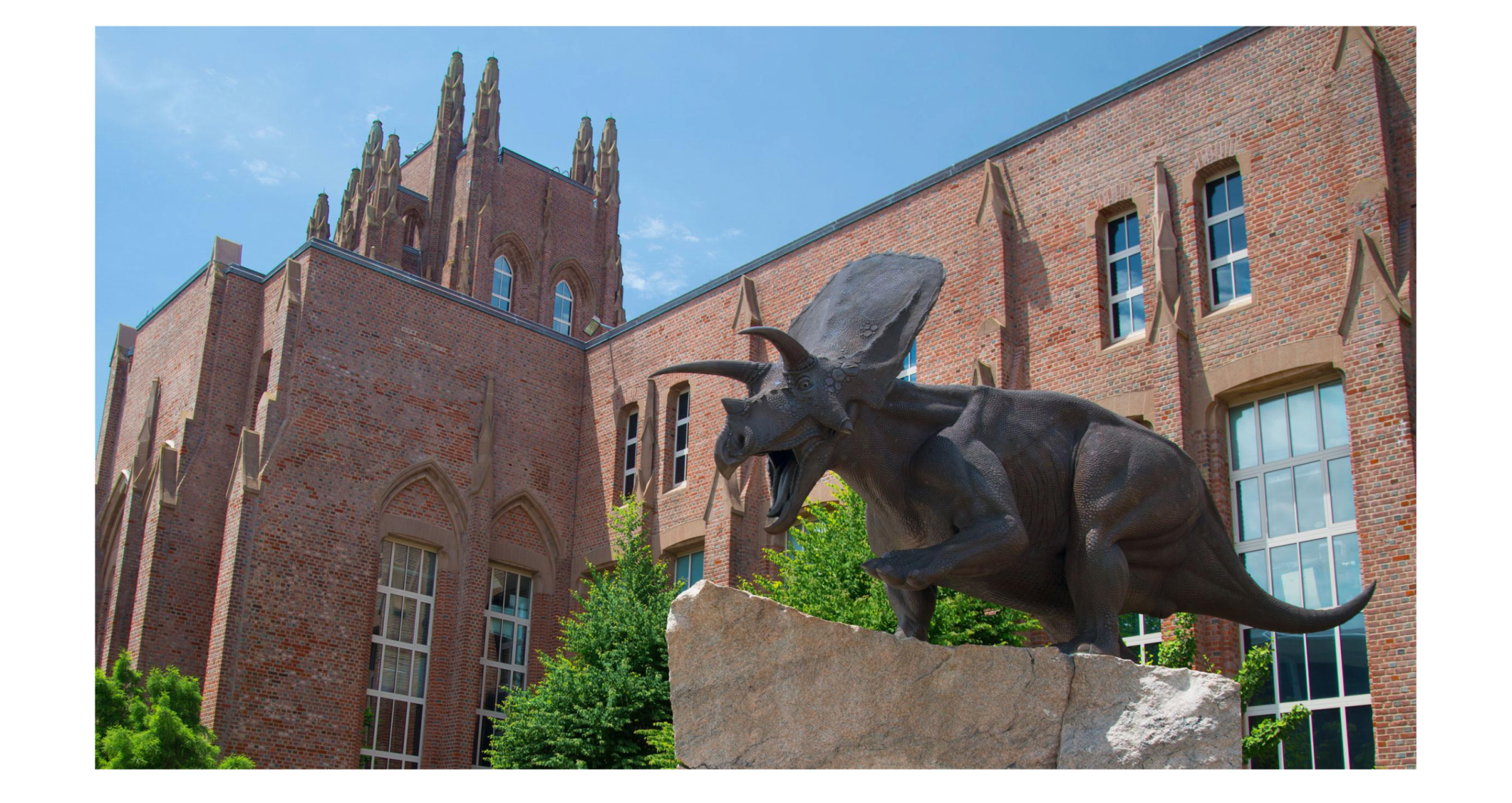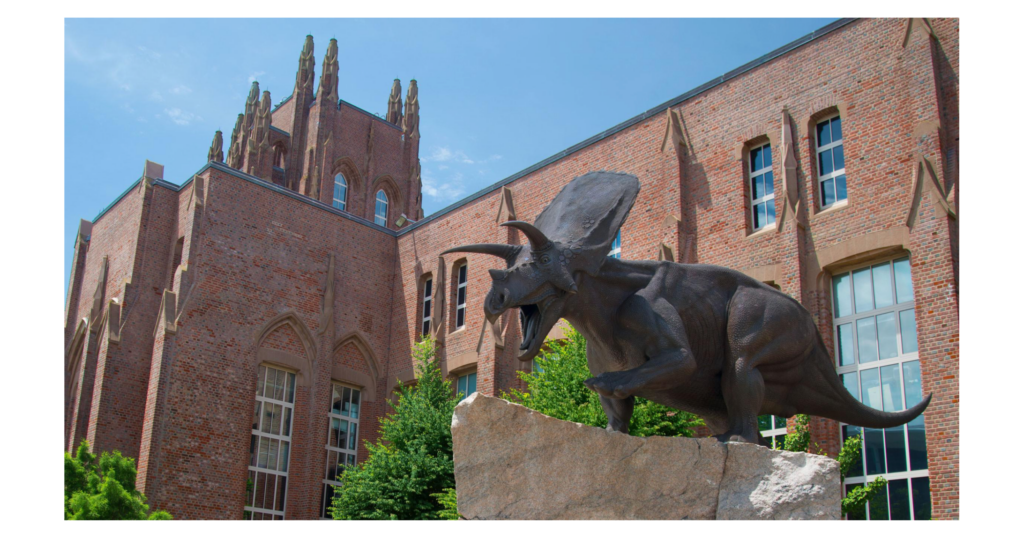
The Yale Peabody Museum has flagged human remains and eight funerary objects in its collection for repatriation to Native American tribes of the Wabanaki Nations in Maine. These remains and objects were removed from burial sites and shell mounds in Maine and donated to the museum in 1926 and 1969.
The repatriation follows guidelines in the Native American Graves Protection and Repatriation Act (NAGPRA), which mandates the return of human remains and culturally significant objects to Native tribes. The museum is working with tribal partners to ensure respectful and confidential handling of the repatriation process.
According to the New Haven Register, the human remains belong to “at least” one individual connected to the Wabanaki Nations, which include the Houlton Band of Maliseet Indians, Mi’kmaq Nation, Passamaquoddy Tribe, and Penobscot Nation. The remains were taken from a shell mound near Oak Point on Deer Isle in Hancock County, Maine, between 1948 and 1952 by H. Gordon Rowe, whose wife donated them to the museum in 1969.
The eight funerary objects were removed by archaeologist Warren K. Moorehead around 1915 during his survey of Maine and include items such as spearheads, red ochre, and gouges from burial contexts in Hancock, Knox, and Penobscot Counties. These items were identified as intentionally placed in graves as part of death rites or ceremonies.
The museum has acknowledged its responsibility under NAGPRA and emphasized ongoing consultation with tribes to ensure repatriation efforts are culturally sensitive and respectful. Steven Scarpa, a spokesman for the museum, said in a statement that in filling that responsibility the museum “defer[s] to a confidential process that respects Tribal privacy. We are dedicated to realizing our goals regarding consultation and repatriation through meaningful relationships with our Tribal partners.”
In 2024, the Peabody Museum reported repatriating the remains of 13 individuals and 25 burial items to the Santa Ynez Reservation in California. Despite these efforts, a 2023 investigation by CT Insider revealed that the museum still holds approximately 90 percent of unreturned Native American remains in Connecticut.


